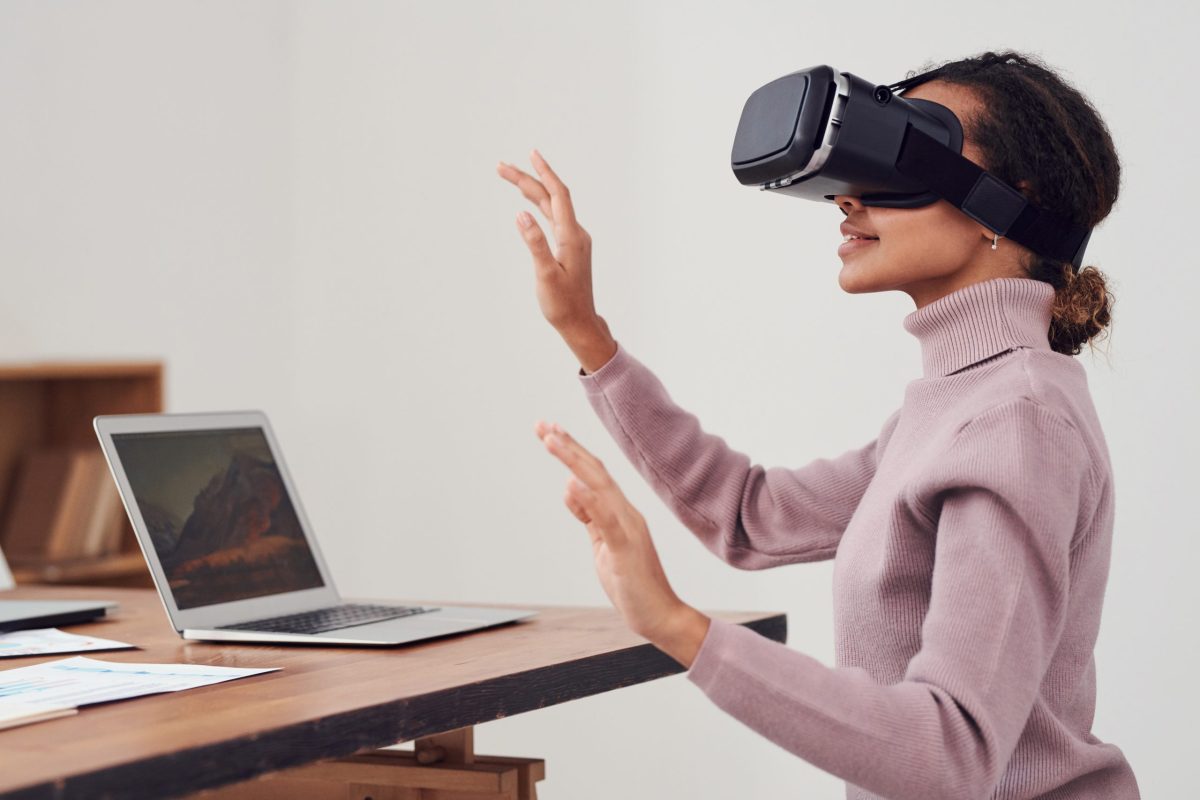You may have heard about some of the latest medical science developments in the news — breakthroughs changing how we treat and even prevent diseases. This blog post will take a closer look at some of these advances, highlighting their potential to improve our health and well-being. From new vaccines to innovative treatments, there’s plenty to be excited about in the world of medical science! So sit back and let us tell you all about it.
What are some of the latest medical science developments that are changing healthcare as we know it
Healthcare is always changing. New medical developments are happening all the time that promise to revolutionize how we think about and deliver healthcare. Here are just a few of the latest developments that are changing healthcare as we know it:
1. Virtual Reality Therapy
Virtual reality therapy (VRT) is a new type of therapy that uses immersive virtual reality technology to help people overcome their fears and phobias. VRT is particularly effective for treating anxiety disorders and post-traumatic stress disorder (PTSD).

2. Wearable Technology
Wearable technology is becoming increasingly popular in the healthcare industry. Everything from fitness trackers to smartwatches can now be used to collect data about a patient’s health. This data can then be used to improve patient care and treatment plans.
3. 3D Printing
3D printing is being used more and more in healthcare. From prosthetic limbs to custom implantable devices, 3D printing is helping to change the way we think about and treat patients.
4. Robotic Surgery
Robotic surgery is another area where healthcare is changing rapidly. This type of surgery offers many benefits, including greater precision, less invasiveness, and shorter recovery times.
5. Telemedicine
Telemedicine is another promising development in healthcare. Telemedicine allows patients to consult with doctors and other healthcare professionals remotely, using video conferencing or other digital technologies. This can be especially beneficial for people who live in rural areas or have limited transportation access.
These are just a few of the latest healthcare developments that are changing how we think about and deliver care. With so many exciting new developments on the horizon, it’s an exciting time to be involved in healthcare!
How do these new developments impact the way we approach healthcare and treatment options
There’s no question that healthcare is changing rapidly. New developments in medical technology are providing us with more choices and options than ever before. And as we learn more about the human body and how it works, we can develop more targeted and effective treatments for various conditions.
These advances are having a profound impact on the way we approach healthcare. For one thing, we can now diagnose and treat conditions much earlier than before. This allows us to intervene sooner and potentially prevent or delay the onset of serious health problems. In addition, we can now tailor treatments to individual patients based on their unique genetic makeup. This personalized approach to healthcare dramatically improves patient outcomes and quality of life.
Of course, these new developments come with challenges as well. They can be expensive, and it can be difficult to keep up with the latest advancements. But overall, these new developments in healthcare are having a positive impact on the way we care for our health and well-being.
What does the future hold for medical science — will these advances continue to evolve and improve our quality of life
It’s hard to say exactly what the future holds for medical science. Still, it’s safe to say that there will be continued advances that improve our quality of life. For example, in dental health care, there have been strides that make teeth appear more natural, even if they’re made from different materials. It’s normal to see replacement teeth that look and function like natural teeth these days.
In the future, people will likely see even more advances in this area, making replacement teeth more realistic and durable. We’re also likely to see prosthetic advances, allowing people with disabilities to lead more normal lives. In addition, new technologies will continue to emerge that help us to diagnose and treat diseases more effectively. So while we can’t predict the future with any certainty, we can be sure that medical science will continue to evolve in ways that improve our lives.
So what does the future hold for medical science? It’s hard to say for sure, but it seems safe to assume that these advances will continue and evolve. That means we can look forward to even more remarkable developments in the years ahead — advances that could dramatically improve our quality of life. Have you seen a treatment option or development in medical science that has particularly impressed you?